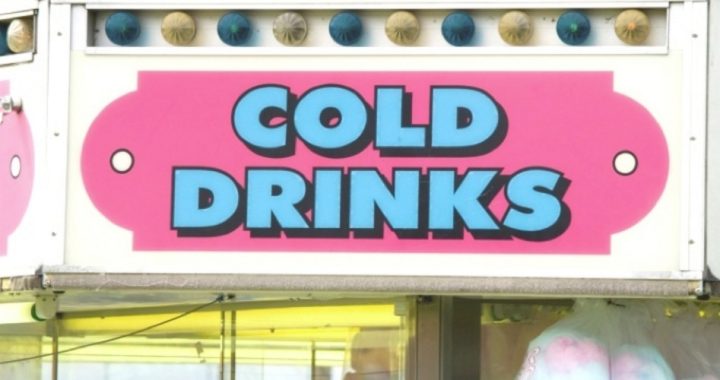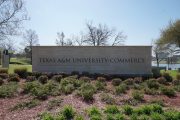
A Utah high school has been fined $15,000 by the federal government for inadvertently leaving a soda vending machine running during its lunch period.
Davis High School in Kaysville, Utah, uses the money it makes from sales of soda and snacks in vending machines to help fund arts programs. Knowing that federal law prohibits the sale of soda and certain other sugary foods to students during the lunch period, the school had always shut down its machines at that time.
Unfortunately, school officials overlooked the soda machine in the school bookstore. When the feds caught the school in the dastardly act of making carbonated beverages available to students at midday, they forced the school to pay back its entire federal school lunch subsidy of $15,000.
It will take all of this year’s revenue from the vending machines — and then some — to pay that fine. That money will, therefore, no longer be available for music, school plays, and other programs. But the folks inside the Beltway will be able to pat themselves on the back for having “done something” to prevent childhood obesity.
The only problem is that the students are unlikely to do without their sweets just because they can’t get them at school. As Davis High principal Dee Burton told Salt Lake City’s KUTV, “The misconception is if we don’t let kids buy candy and pop, we drive them to the cafeteria. It doesn’t drive them to the cafeteria; it drives them off campus” to the corner gas station or nearby grocery store, where they can get what they want at lower prices and at no benefit to the school.
While the ban on soda sales during lunch is clear, the rest of the law is, as Burton put it, “vague and open to interpretation.” He noted that “you can buy before lunch starts a carbonated beverage, buy school lunch, sit down in the cafeteria, eat the school lunch and not be in violation.” You just can’t buy the beverage on school grounds during the lunch period. In addition, sports drinks such as Gatorade (14 grams of sugar per serving) may be sold during lunch.
Also, some sugar-laden foods are permitted to be sold, but others are not; and the grounds for determining which ones pass muster are rather arbitrary and probably the result of political lobbying more than nutritional science. “You can sell Snickers and Milky Way bars because they have nuts and they’re nutritious,” Burton explained. “You can’t sell licorice, but you can sell ice cream.”
To be safe, however, Burton has unplugged all his school’s vending machines and will keep them out of service “until [school officials] can figure out how to get them all into a room with a door that can be shut and locked during the lunch hour,” according to KSTU-FOX 13.
It probably isn’t a good idea for schools to be supplying students with junk food and soda pop — and profiting from it — but the decision about whether or not to do so should be made at the local or state level, not the federal level. However, if states and school districts want that kind of autonomy, they are going to have to wean themselves off the federal teat. Letting Washington unconstitutionally subsidize education, including school lunches, virtually guarantees that the feds will unconstitutionally micromanage local schools. Unplugging the vending machines may alleviate a symptom, but it won’t cure the disease.



